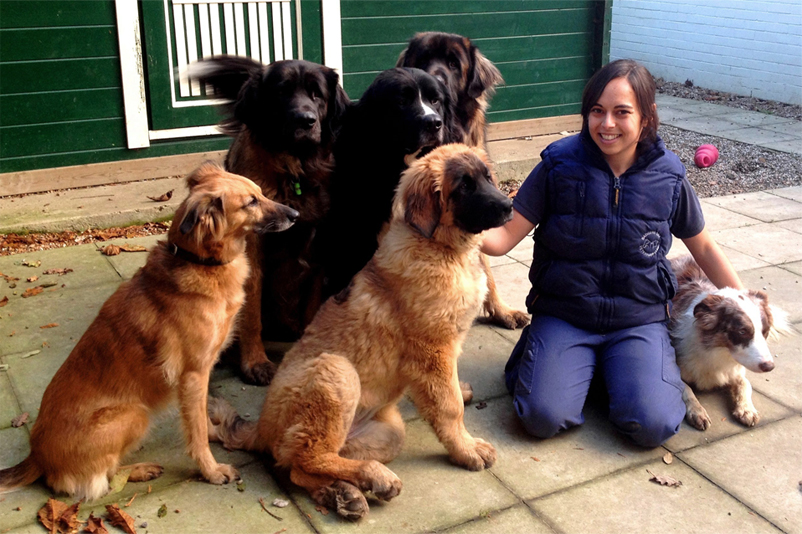This page is not a substitute to seeking specific veterinary advice from us. Every patient is different, and will need their own plan which we will be happy to design with you. In addition, there may be an underlying reason why your dog is overweight, so it is important to have them checked over by a vet at the start of the process.
Obesity in pets is unfortunately a growing problem in this country. You may find that your vet points out at a routine check that your dog is carrying more weight that they ought to be. Many of us are aware that our pets are overweight, but dieting pets can be a challenge. Why is it so important?
Overweight dogs are more likely to suffer from a number of conditions including diabetes, heart disease, and high blood pressure. In addition, obesity can worsen conditions such as arthritis, which a large number of dogs suffer from as they get older.
The important things to remember when trying to encourage your dog to lose weight include the following:
Exercise
Any calorie your dog doesn’t use exercising is laid down in fat. If your dog is overweight, you should consider increasing their exercise if appropriate (i.e. not if they are arthritic or have other lameness issues). If you are not sure about how much exercise your dog should be doing, please speak to one of our vets.
If for any reason your dog is getting less exercise than normal, for example due to personal illness or circumstances, then consider reducing their food slightly to compensate for this.
Feeding
The first thing to do is establish exactly how much you are feeding your dog, by measuring the food. The most accurate way to do this is to weigh it out on kitchen scales. Once you have done this, contact us to work out how much to reduce it by.
You should also think about any treats that your dog has regularly, including dental chews which can be very calorific.
We appreciate that giving dogs treats can be an important part of the day, so there are a couple of ways to incorporate this. If your dog is fed dry food, you can use bits of their normal food taken from their daily ration as treats. Alternatively, many dogs love raw carrot sticks, which are a great low calorie treat.
Your vet or nurse will be very happy to discuss weight loss plans with you. We offer weight clinic appointments with nurses, so you can take the time in person to talk through your dog’s weight loss plan. Please phone us on 01797 252 321 to arrange this.

